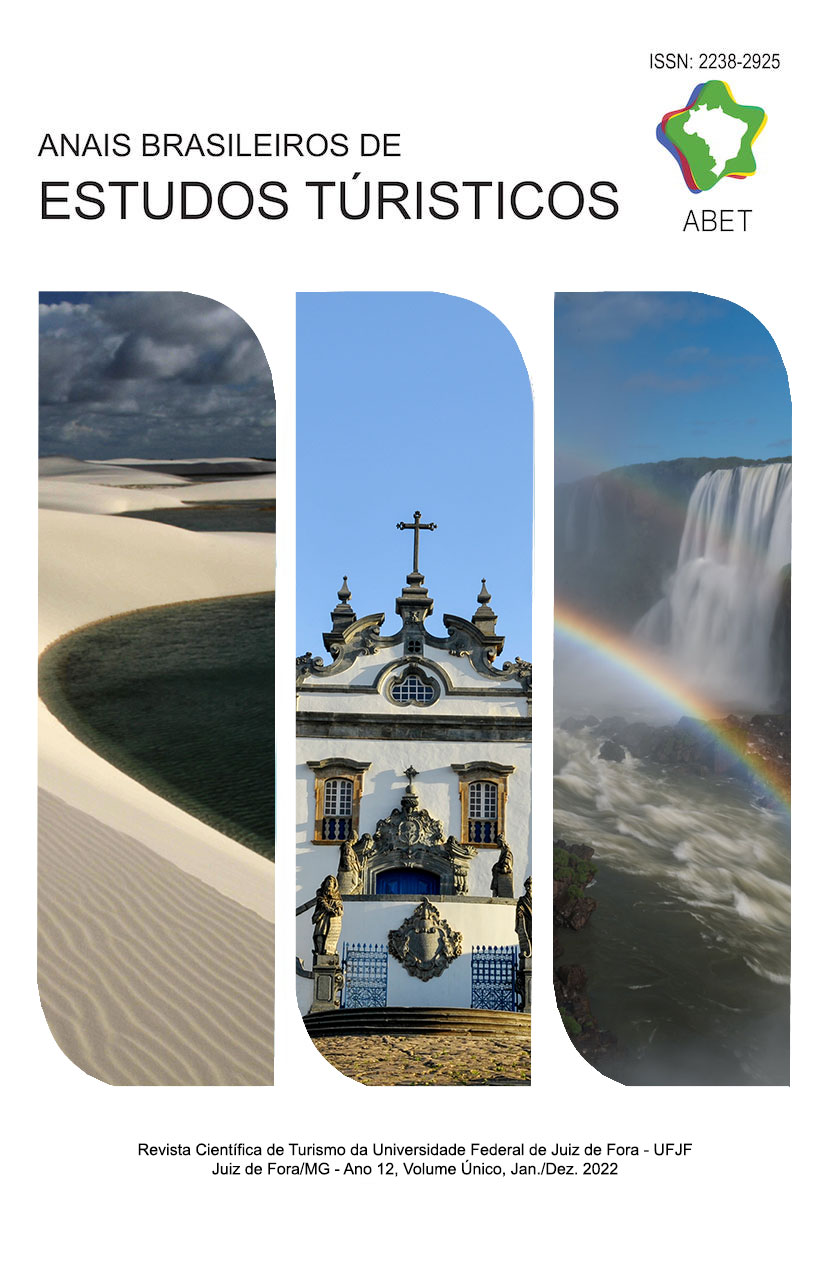Environmental Factors that Influence Culinary Creativity from the Perspectives of Turkish Cuisine Professionals
DOI:
https://doi.org/10.5281/zenodo.7492915Keywords:
Creativity, Culinary Creativity, Culinary Arts, GastronomyAbstract
This study explores environmental factors that influence the culinary creativity of Turkish cuisine. Although Turkish food culture is known for its richness and diversity in terms of ingredients and cooking techniques, the assumption is that environmental factors cause some recognition and representation issues internationally. For this reason, a quantitative questionnaire study was carried and aimed to understand perceptions of chefs (hotel and restaurant chefs) and academicians (instructor chefs and academicians) towards factors that influence culinary creativity in Turkey. The exploratory factor analysis revealed six environmental factors that impact the culinary creativity of Turkish cuisine. These are (1) politics and economics, (2) education, (3) culture, (4) media and globalization, (5) technology, science, and design, (6) tourism. According to the study results, while the highest scores were given to educational factors by the participants, the media and globalization's impact was found to be the least concerned factors. The results demonstrate the significant differences are between participants' job specifications, genders, and education degrees. Moreover, this study suggests that cuisine is a designed phenomenon since it includes unique ingredients, cooking techniques and skills, flavors principles, and particular stakeholders. Thus, the proper management of these elements will provide cuisine a competitive advantage in the culinary industry. Chefs are the primary actors representing a cuisine in the international culinary industry and differentiate it from its competitors with their creative approaches.
Downloads
Downloads
Published
How to Cite
Issue
Section
License
Copyright (c) 2022 Anais Brasileiros de Estudos Turísticos

This work is licensed under a Creative Commons Attribution 4.0 International License.
This journal provides immediate open access to its content, following the principle that providing free scientific knowledge to the public provides greater democratization of world knowledge.
Authors must agree to the following terms relating to copyrights:
(a) Authors keep all copyright and grant the to the journal the right of first publication, with the work simultaneously licensed under the Creative Commons Attribution License that allowing job sharing with recognition of authorship of the work and initial publication in this journal.
(b) Authors are allowed to assume additional contracts separately, for non-exclusive distribution of the version of the work published in this journal (e.g. publish in institutional repository or book chapter), with recognition of authorship and initial publication in this magazine.
(c) Authors are allowed and are encouraged to publish and distribute their work online (e.g. in institutional repositories or on your personal page) since they do not do this before or during the editorial process, as this can generate productive interchange, as well as increase the impact and citation of work aired. (See Effect of Free Access).















